The annual White House Easter Egg Roll, explained
How the time-honored tradition came to be, and what to expect from this year's festivities

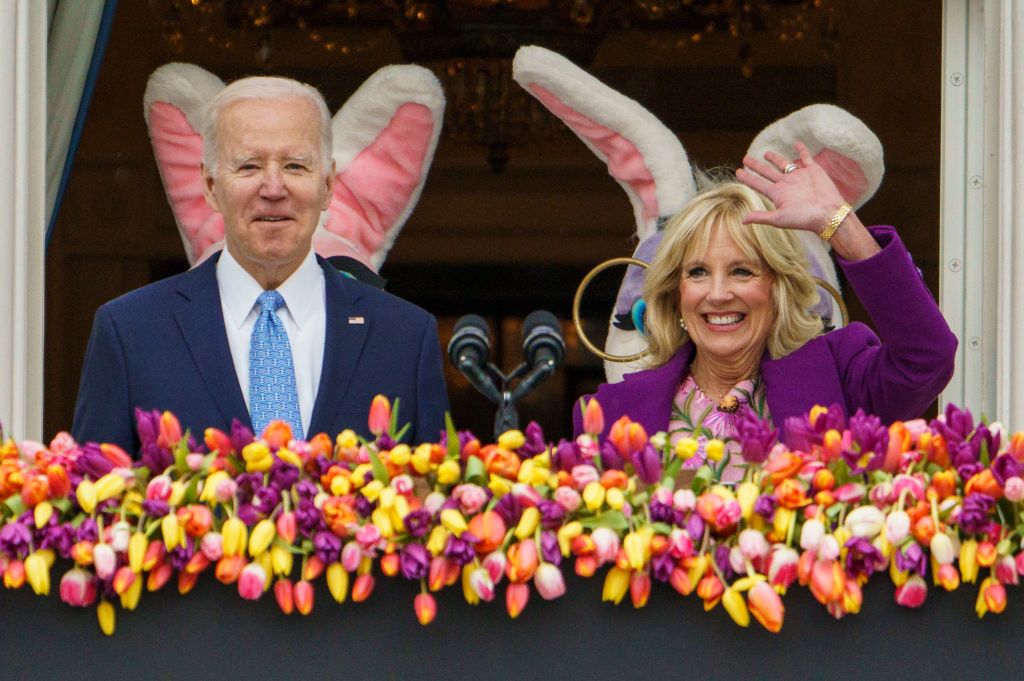
A free daily email with the biggest news stories of the day – and the best features from TheWeek.com
You are now subscribed
Your newsletter sign-up was successful
On Monday, April 10, thousands of American families will gather on the south lawn of the White House for the annual Easter Egg Roll, a long-beloved American tradition involving the president, the Easter Bunny, and hundreds of colorful hard-boiled eggs. Here's everything you need to know:
What are the origins of the Egg Roll?
Starting in the late 1800s, thousands of children with Easter Monday off of school began flocking to Washington, D.C., to partake in a particularly egg-centric activity: rolling hard-boiled eggs down the slopes of Capitol Hill, where they'd track whose could get the farthest without cracking. But as the fun grew in popularity over the years, it also took a noticeable toll on the Capitol grounds — in 1876, Congress passed the Turf Protection Law "to prevent any portion of the Capitol grounds and terraces from being used as play-grounds or otherwise, so far as may be necessary to protect the public property, turf, and grass from destruction and injury," History writes.
Two years later, President Rutherford B. Hayes agreed to open the White House Grounds on Easter Monday to host children looking to roll eggs in the nation's capital. Thus, the first official White House Easter Egg Roll was held on April 22, 1878, during Hayes' second year in office. "Since then, children have gathered annually on the White House South Lawn to roll eggs and participate in Easter activities," says the White House Historical Association. The event has grown to include celebrity appearances, Broadway performances, and balloons from the Macy's Thanksgiving Day Parade. The Easter Bunny first made an appearance in 1979, "when a member of first lady Pat Nixon's staff donned a fleecy white costume" and "quickly proved a bigger star than the president in the eyes of some of the children," recounts History.
The Week
Escape your echo chamber. Get the facts behind the news, plus analysis from multiple perspectives.

Sign up for The Week's Free Newsletters
From our morning news briefing to a weekly Good News Newsletter, get the best of The Week delivered directly to your inbox.
From our morning news briefing to a weekly Good News Newsletter, get the best of The Week delivered directly to your inbox.
Has the event ever been canceled?
The White House canceled the annual roll during both World War I and World War II, though Congress "permitted bygones to be bygones and agreed to host the event on Capitol Hill in 1942," per History. Then, "post-war food rationing measures and the subsequent renovation of the White House under President Harry S. Truman resulted in further cancellations." After a 12-year hiatus, President Dwight D. Eisenhower brought the tradition back to the Pennsylvania Ave lawn in 1953.
The egg roll was also canceled in 1959, 1964, 1978, 1984, and 2001 due to inclement weather, and both former President Donald Trump and President Biden scrapped the event due to the COVID-19 pandemic in 2020 and 2021. Festivities resumed as normal last year.
What does the White House have planned for this year?
First Lady Jill Biden, a teacher for 30 years, is continuing with last year's "EGGucation" theme for this year's Egg Roll. About 30,000 people are expected to attend the festivities, which will include "a school house activity area, reading nook, talent show, field trip to the farm, picture day, a physical 'EGGucation' zone, a snack time tent and more," the White House said in a statement. Celebrity guests will include "former Olympic gymnast Dominique Dawes and actress Halle Bailey," who is starring as Ariel in Disney's live-action remake of The Little Mermaid, The Associated Press reports. To even further emphasize the punny education theme, NASA also "sent a souvenir wooden White House Easter egg to the International Space Station for the astronauts to help teach students about gravity," AP writes.
This year, a brand new Easter Bunny will be in attendance. "After years of using loaned Easter Bunny costumes, we are 'egg-cited' to have our own Official White House Easter Bunny Family, thanks to the generous support of the White House Historical Association," Vanessa Valdivia, spokesperson for first lady, told CNN.
A free daily email with the biggest news stories of the day – and the best features from TheWeek.com
The American Egg Board will continue its long tradition of sponsoring the event, donating about 30,000 hand-dyed eggs from a North Carolina farm, Emily Metz, board president and CEO, told AP. While inflation and a bird flu outbreak drove egg prices sky-high over the past few months, Metz insists the board's donation is merely a fraction of the eggs produced annually in the United States. "It's a really important, time-honored tradition for our farmers to participate in," she said in an interview.
Theara Coleman has worked as a staff writer at The Week since September 2022. She frequently writes about technology, education, literature and general news. She was previously a contributing writer and assistant editor at Honeysuckle Magazine, where she covered racial politics and cannabis industry news.
-
 How to Get to Heaven from Belfast: a ‘highly entertaining ride’
How to Get to Heaven from Belfast: a ‘highly entertaining ride’The Week Recommends Mystery-comedy from the creator of Derry Girls should be ‘your new binge-watch’
-
 The 8 best TV shows of the 1960s
The 8 best TV shows of the 1960sThe standout shows of this decade take viewers from outer space to the Wild West
-
 Microdramas are booming
Microdramas are boomingUnder the radar Scroll to watch a whole movie
-
 Kurt Olsen: Trump’s ‘Stop the Steal’ lawyer playing a major White House role
Kurt Olsen: Trump’s ‘Stop the Steal’ lawyer playing a major White House roleIn the Spotlight Olsen reportedly has access to significant US intelligence
-
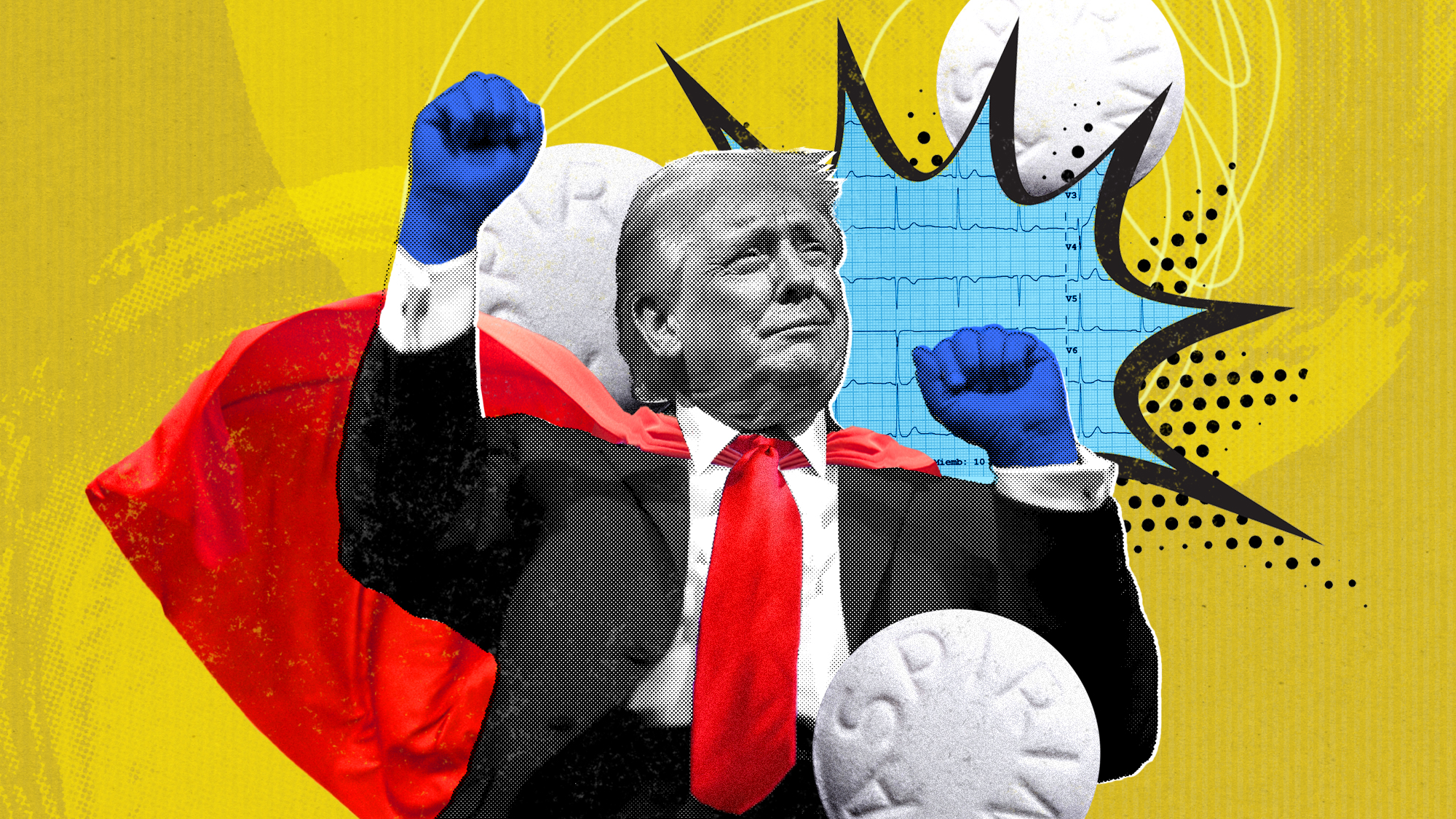 A running list of everything Donald Trump’s administration, including the president, has said about his health
A running list of everything Donald Trump’s administration, including the president, has said about his healthIn Depth Some in the White House have claimed Trump has near-superhuman abilities
-
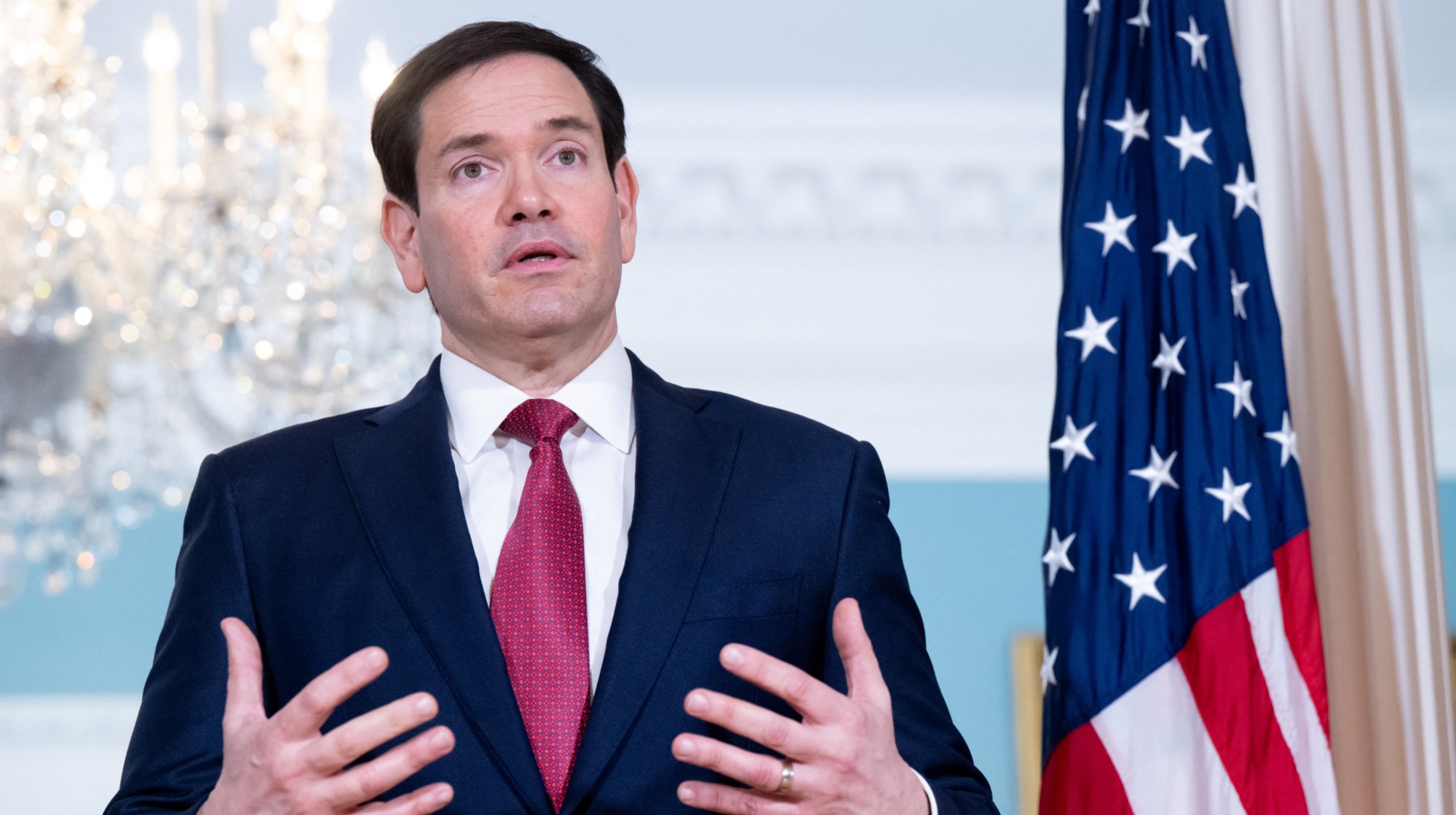 White House halts migrant visas for 75 countries
White House halts migrant visas for 75 countriesSpeed Read Brazil, Egypt, Russia, Iran and Somalia are among the nations on the list
-
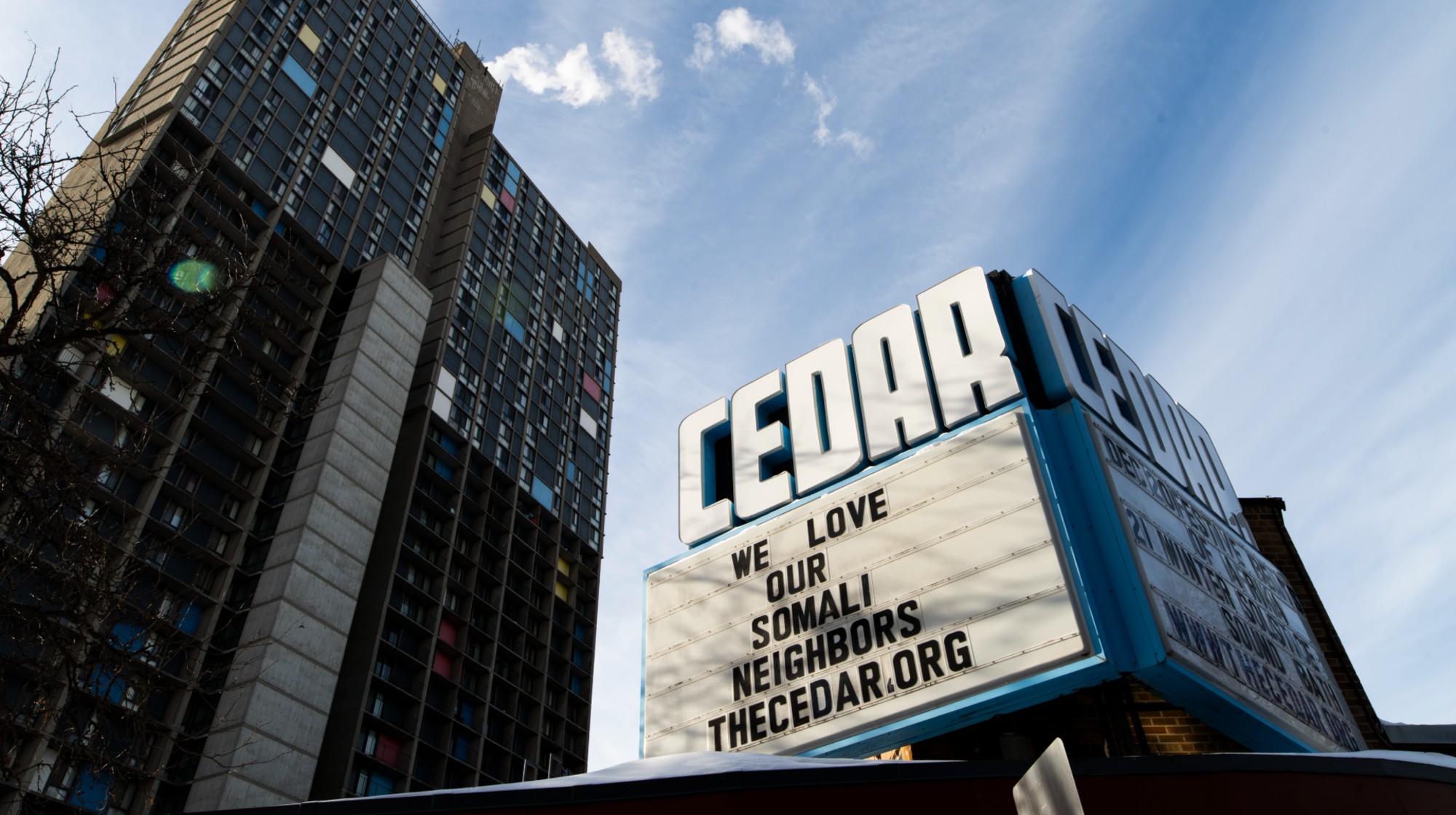 White House ends TPS protections for Somalis
White House ends TPS protections for SomalisSpeed Read The Trump administration has given these Somalis until March 17 to leave the US
-
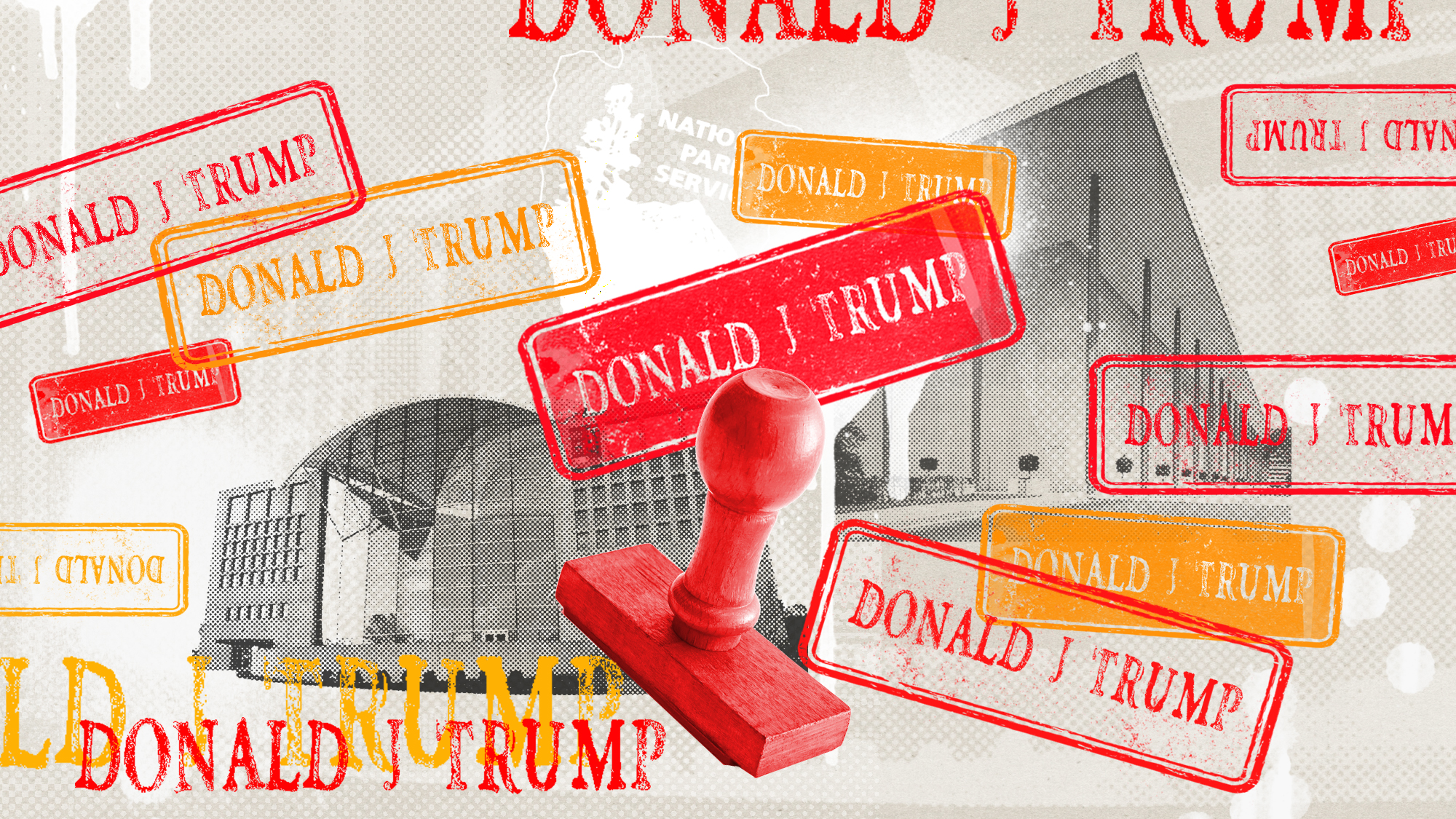 A running list of everything Trump has named or renamed after himself
A running list of everything Trump has named or renamed after himselfIn Depth The Kennedy Center is the latest thing to be slapped with Trump’s name
-
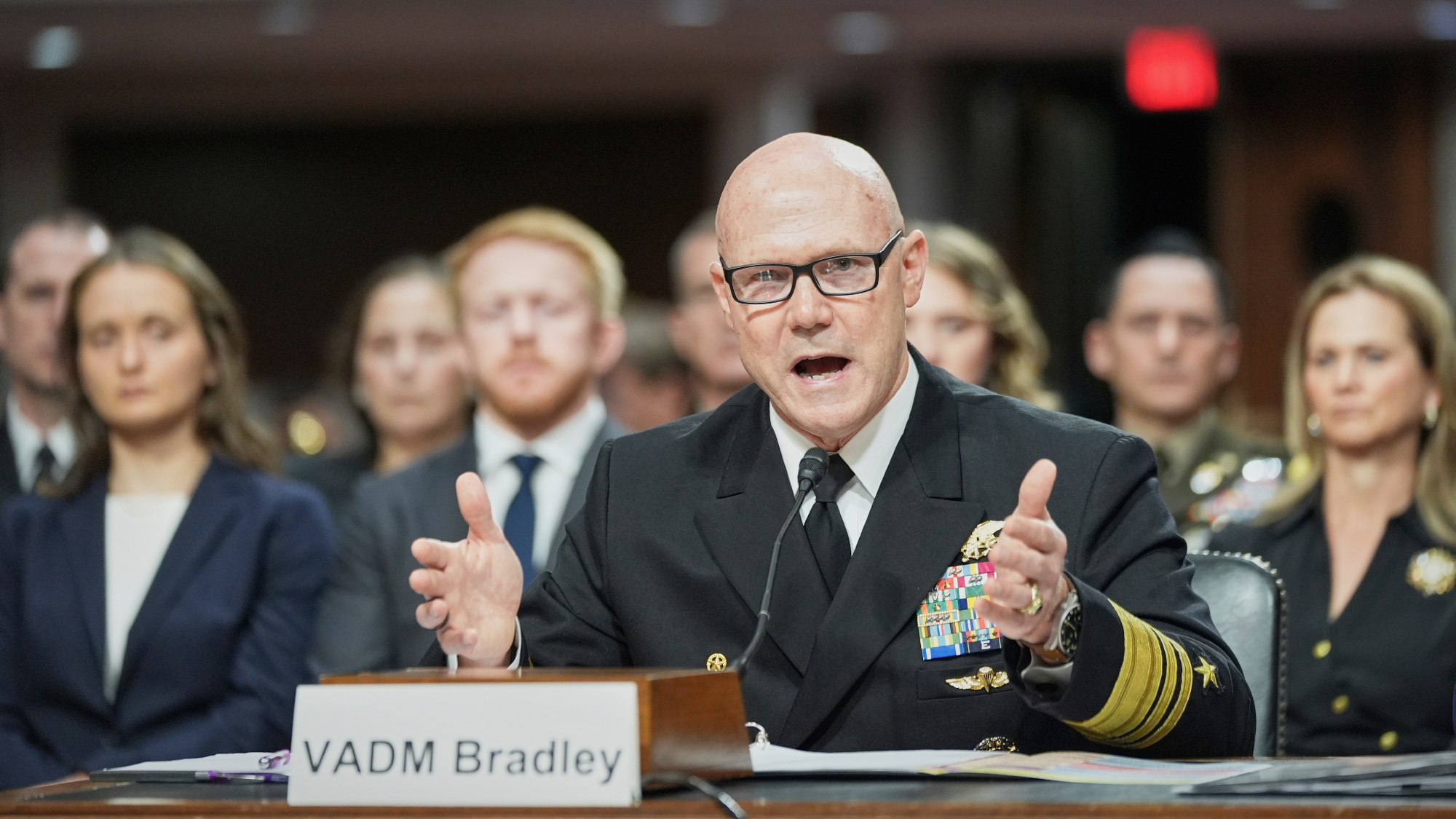 White House says admiral ordered potential war crime
White House says admiral ordered potential war crimeSpeed Read The Trump administration claims Navy Vice Adm. Frank ‘Mitch’ Bradley ordered a follow-up strike on an alleged drug-smuggling boat, not Pete Hegseth
-
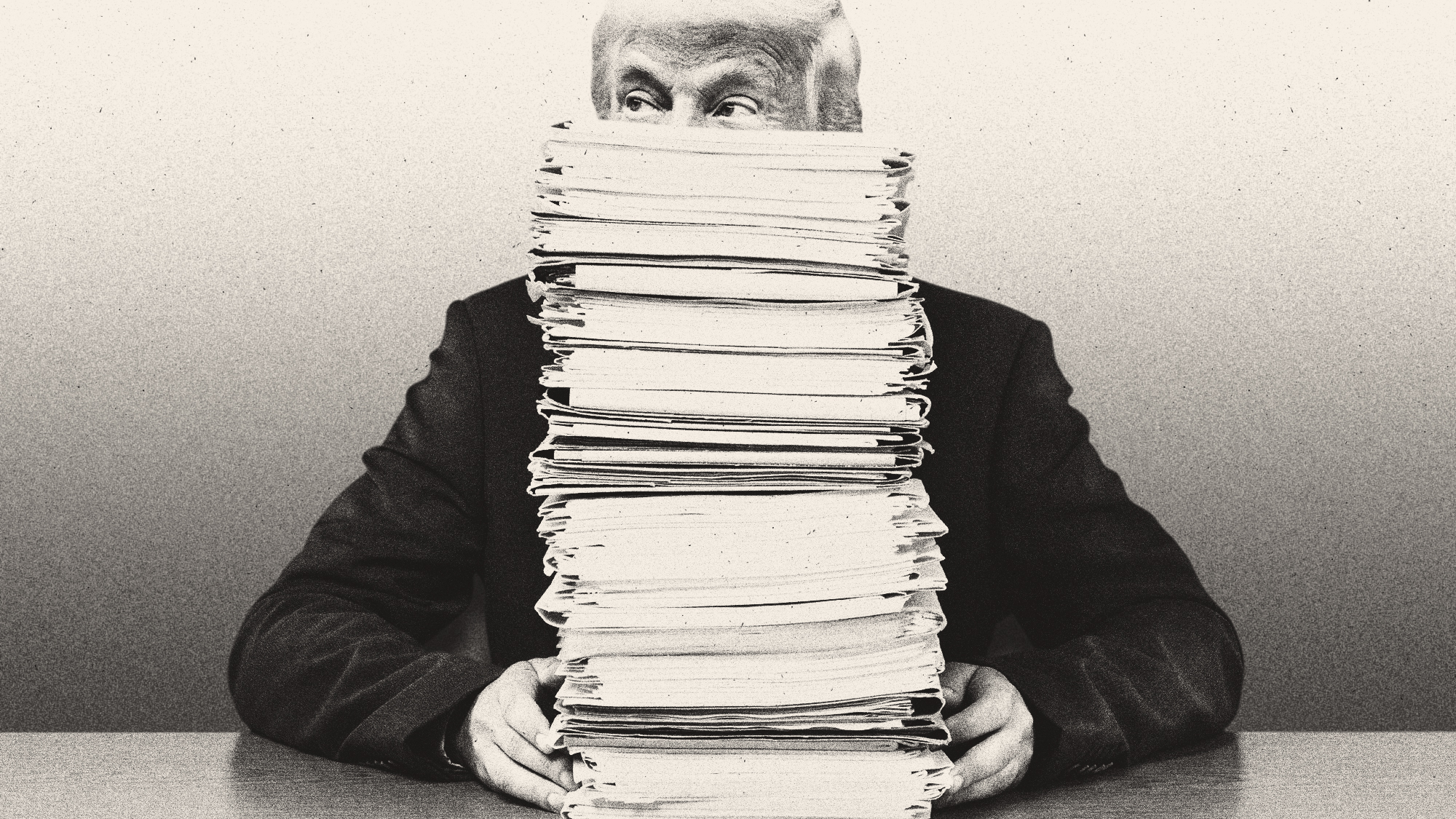 How are these Epstein files so damaging to Trump?
How are these Epstein files so damaging to Trump?TODAY'S BIG QUESTION As Republicans and Democrats release dueling tranches of Epstein-related documents, the White House finds itself caught in a mess partially of its own making
-
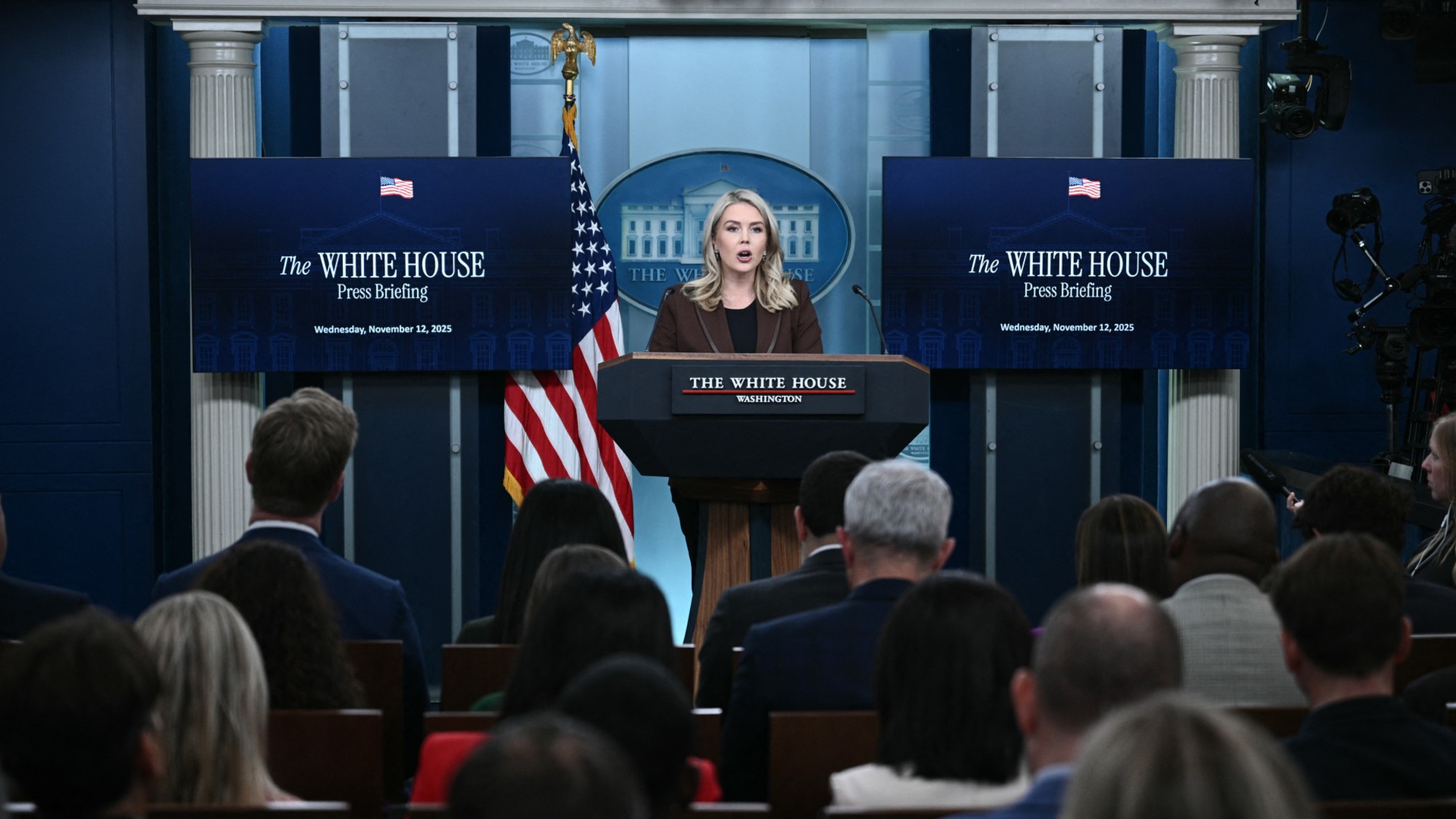 A free speech debate is raging over sign language at the White House
A free speech debate is raging over sign language at the White HouseTalking Points The administration has been accused of excluding deaf Americans from press briefings
